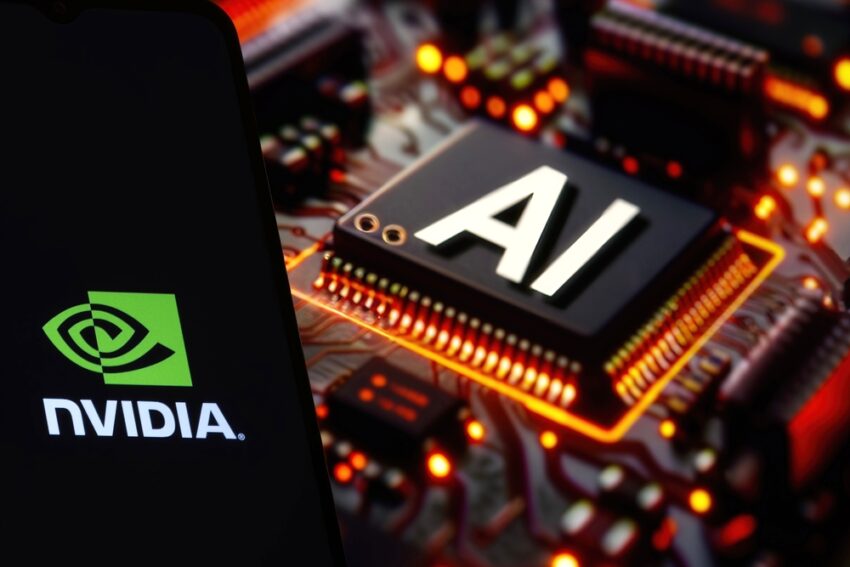Artificial Intelligence (AI) has transitioned from a speculative notion to a crucial technology that is revolutionising several industries and uses.
The transformational influence is seen in the ongoing expansion of AI as a driving force for business intelligence.
Today, we will examine the evolving landscape of AI in business and the principal causes of its swift growth.
Artificial Intelligence: Revolutionising Business
Artificial Intelligence is undeniably transforming corporate operations. Fundamentally, AI involves the creation of computers and systems capable of doing activities that typically require human intelligence. The tasks encompass learning, reasoning, problem-solving, and natural language comprehension, with applications that are already widespread. Customer service chatbots interact with clients continuously, while predictive analytics enhance marketing strategies and simplify the oversight of supply chains.
Amazon’s recommendation system, driven by generative AI, customises the shopping experience by proposing goods based on customers’ browsing and purchasing histories. In finance, firms such as JPMorgan Chase employ AI algorithms to identify fraudulent transactions, enhancing security and consumer experience. The public sector is also utilising AI’s possibilities. The U.S. Department of Defence engages in AI technologies that improve national security via sophisticated monitoring and data analysis.
The iGaming Industry Embraces AI
One of the leading industries that has long embraced artificial intelligence and its revolutionary technology is the iGaming sector. The gaming business is familiar with innovation, especially regarding the latest casino offers. However, the industry’s landscape has transformed from conventional casino establishments to digital platforms providing real-time wagering. Within the confines of this digital revolution, AI technology is at the forefront.
Artificial intelligence exemplifies online gaming’s commitment to being at the cutting edge of technology. In the domains of personalisation, security, responsible gaming practices, and strategic marketing, AI is fundamentally transforming industry operations and player interactions.
The potential of AI in gambling is boundless. It offers a future characterised by enhanced intelligence, safety, and personalisation in gaming.
The current state of AI is just the beginning
Not all artificial intelligence is equivalent, however. The present condition of AI is characterised as Artificial Narrow Intelligence (ANI), signifying a notable yet constrained advancement towards more sophisticated kinds of artificial intelligence. Essentially, we remain in the preliminary phases. The AI systems we engage with daily, including virtual assistants such as Siri and Alexa, as well as recommendation algorithms, are included in the ANI category. It is also known as fragile or narrow AI, specifically engineered and educated to do a singular job, incapable of managing activities outside its predefined parameters.
Notwithstanding these apparent limits, ANI has exerted a substantial disruptive influence across several sectors. Siemens employs AI-driven predictive maintenance solutions in manufacturing to oversee equipment performance, therefore minimising downtime and enhancing operational efficiency. In healthcare, AI-powered diagnostic technologies assist physicians in analysing medical pictures to more reliably and swiftly diagnose problems such as cardiovascular ailments or cancer and are now employed in hospitals worldwide.
Generative AI is a subset of Artificial Narrow Intelligence (ANI) and represents a significant development in the area. In contrast to conventional rule-based systems, generative models such as OpenAI’s GPT-4o employ machine learning to produce original content—text, images, and videos—derived from their training data. Businesses across several industries employ generative AI to deliver marketing text, develop product ideas, or simulate consumer interactions.
A more advanced AI could be here sooner than you think
Although ANI is exceptionally specialised and efficient, it lacks human-like thinking or decision-making capacity. It thrives at executing routine, repetitive activities but cannot adapt beyond its programming. This constraint has prompted academics and organisations to seek the next frontier: Artificial General Intelligence (AGI), sometimes known as strong AI, which signifies a more ambitious objective in AI advancement.
In contrast to ANI, AGI seeks to emulate human-like capabilities across diverse tasks. This is an ambitious objective, as AGI would be able to reason abstractly, adapt to novel contexts, and resolve issues without pre-programmed instructions for specific tasks.
The ramifications of AGI on both society and business are significant. AGI can transform diagnosis and therapy in healthcare, effectively tackling global healthcare issues with unparalleled efficiency and precision. In finance, AGI systems might oversee whole markets, making investment choices and assuring stability beyond human capability, surpassing that of limited AI.
Mindful regulations and moral considerations
Most importantly, these advancements in AI also present obstacles. As we near the advent of computers capable of executing intricate human-like jobs, there is a want for governance frameworks and regulatory mechanisms to guarantee that artificial intelligence is used responsibly and for societal advantage.
The fast advancement of AI necessitates careful regulation and policy frameworks. As AI becomes more embedded in company operations, governmental duties, and society overall, it is essential to formulate criteria that guarantee its appropriate and ethical application. Existing AI governance includes several pieces of legislation concerning liability, copyright, design, product safety, privacy, and anti-discrimination, with global initiatives for AI-specific regulation increasing in prominence.
The international scope of artificial intelligence necessitates nations harmonising their regulatory systems to avert differences that may result in unexpected effects. The seamless transnational operation of AI systems and technology can lead to conflicting rules, resulting in a fragmented global ecosystem that creates deficiencies in security, ethical governance, and innovation.
Final Thoughts: AI leading the future of business
In summary, AI transcends being a simple instrument; it is a revolutionary entity redefining the future of commerce, governance, and society. It is imperative to comprehend and judiciously adopt AI at this juncture since our current decisions about its governance and implementation will shape the future for subsequent generations.
The prevalent accessibility of AI nowadays prompts enquiries regarding its influence, prejudice, and ethical ramifications. However, it provides a novel work method, enabling individuals to concentrate more on strategy, creativity, and originality.
Its function in corporate transformation is not only transformational but also revolutionary. As enterprises worldwide increasingly acknowledge its promise, we are poised to experience a new epoch of efficiency, innovation, and expansion.

